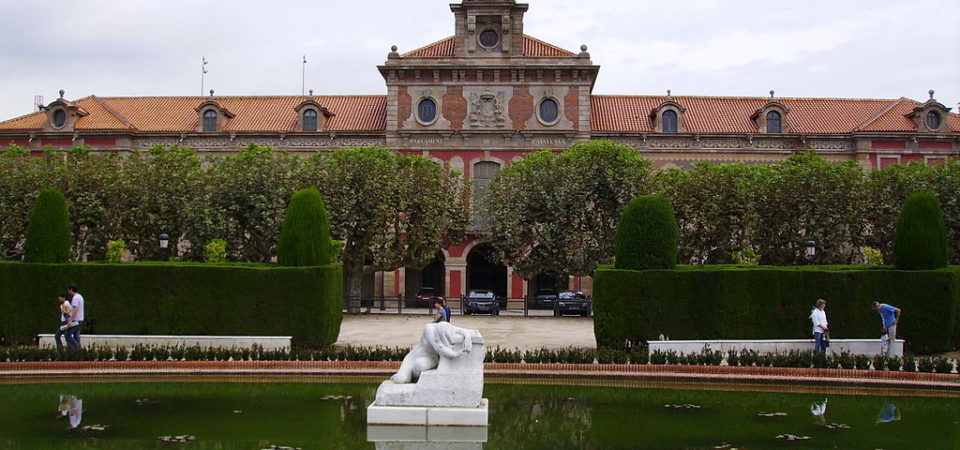Item Link: Access the Resource
Date of Publication: March 19, 2019
Year of Publication: 2019
Author(s): Roman Krznaric
Newspaper: BBC
When politicians fail to look beyond the next election – or even the latest tweet – they are neglecting the rights of future generations, argues public philosopher Roman Krznaric.
“The origin of civil government,” wrote David Hume in 1739, is that “men are not able radically to cure, either in themselves or others, that narrowness of soul, which makes them prefer the present to the remote.” The Scottish philosopher was convinced that the institutions of government – such as political representatives and parliamentary debates – would serve to temper our impulsive and selfish desires, and foster society’s long-term interests and welfare.
Today Hume’s view appears little more than wishful thinking, since it is so startlingly clear that our political systems have become a cause of rampant short-termism rather than a cure for it. Many politicians can barely see beyond the next election, and dance to the tune of the latest opinion poll or tweet. Governments typically prefer quick fixes, such as putting more criminals behind bars rather than dealing with the deeper social and economic causes of crime. Nations bicker around international conference tables, focused on their near-term interests, while the planet burns and species disappear.
As the 24/7 news media pumps out the latest twist in the Brexit negotiations or obsesses over a throwaway comment from the US president, the myopia of modern democratic politics is all too obvious. So is there an antidote to this political presentism that pushes the interests of future generations permanently beyond the horizon?
Read the complete article here.

